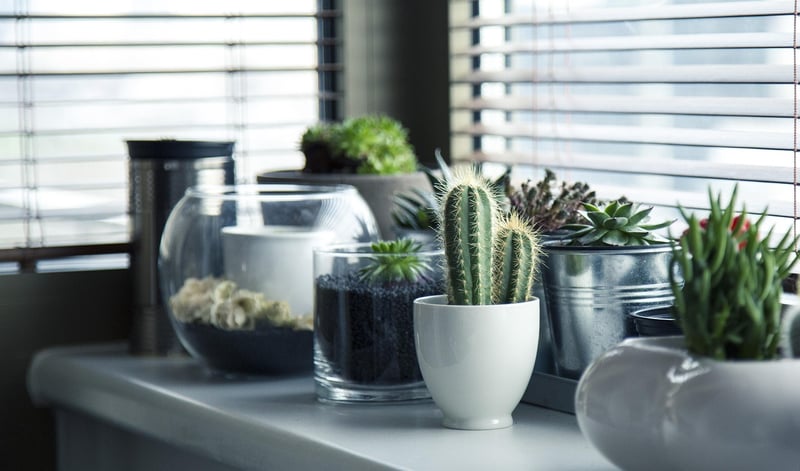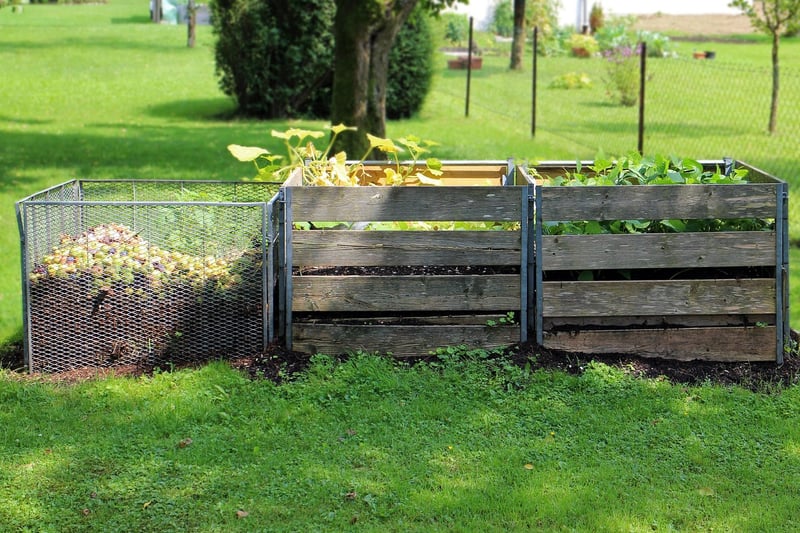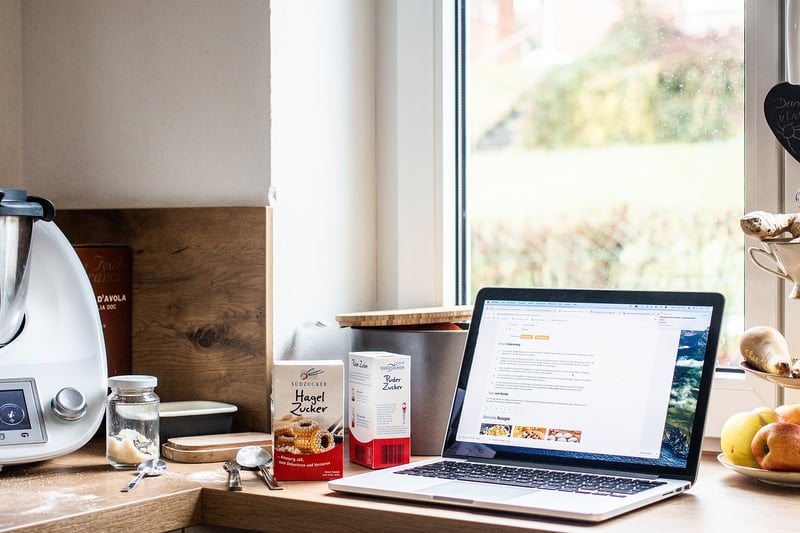Composting at Home
The Art of Urban Gardening and Composting at Home

Urban gardening has become increasingly popular as more people seek to reconnect with nature and grow their own fresh produce, even in limited spaces. One crucial aspect of urban gardening is composting, which not only reduces waste but also enriches the soil for healthier plants. Let's explore how you can embrace urban gardening and composting at home.
Benefits of Urban Gardening:
- Access to fresh and organic produce
- Improves air quality and reduces carbon footprint
- Creates a peaceful and relaxing environment
- Promotes biodiversity and supports pollinators
Getting Started with Urban Gardening:
1. Assess your space: Determine the available sunlight, water access, and suitable containers or raised beds.
2. Choose your plants: Select herbs, vegetables, or flowers that thrive in your specific conditions.
3. Prepare the soil: Use high-quality potting mix or create your own compost for nutrient-rich soil.
4. Water and maintain: Regularly water your plants and provide essential care to ensure healthy growth.
Composting Essentials:
- Compost bin or pile
- Green materials (fruit scraps, vegetable peels)
- Brown materials (dry leaves, newspaper)
- Aeration tool (pitchfork or compost turner)
- Patience and regular turning
Tips for Successful Composting:
- Balance green and brown materials for optimal decomposition.
- Keep the compost moist but not waterlogged.
- Aerate the compost pile to introduce oxygen for the microbes.
- Avoid meat, dairy, and diseased plants in your compost.
- Monitor the temperature and adjust as needed for efficient breakdown.
By combining urban gardening with composting, you can create a sustainable and rewarding practice right at home. Not only will you enjoy the fresh produce from your garden, but you'll also contribute to a greener environment and reduce waste effectively.
Start your urban gardening journey today and witness the beauty of nature flourishing in your urban oasis!

Image Source: Pixabay.com
